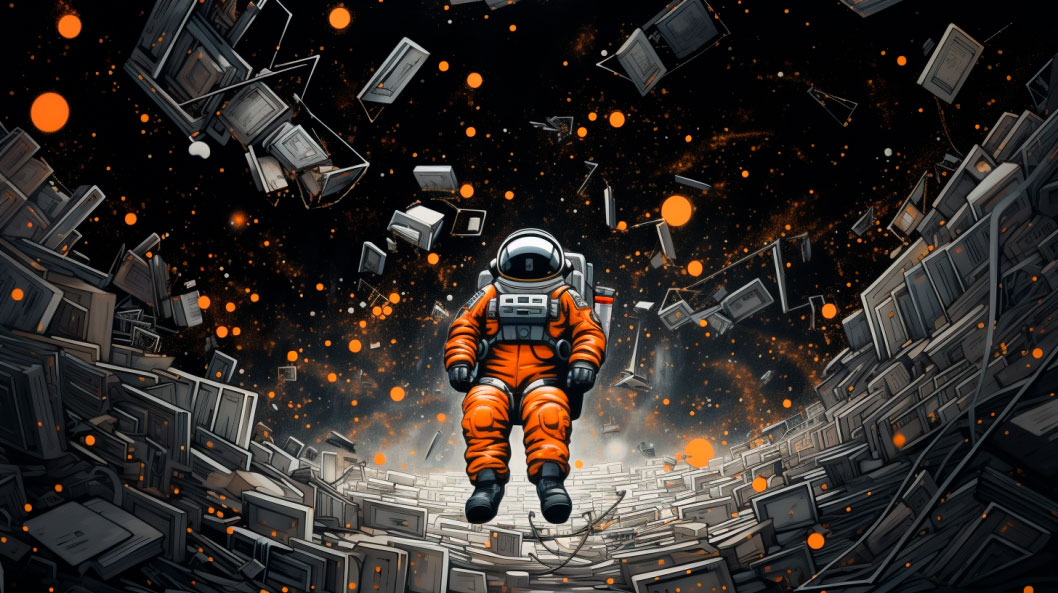Insights
Will AI mean the end of creativity?
Few things are more distant than art and science. We always think that imaginative people tend to be more effective in artistic disciplines while rational people, on the contrary, tend to feel more comfortable within the stable margins offered by the sciences. But although they may seem like water and oil, the truth is that science and art are not two realities isolated from each other. They often meet, sometimes face to face.
It is obvious that art has always been the worst off. At least initially: science has revolutionized art on many occasions and, although art has always managed to turn those scientific advances into a springboard to evolve into other things, it is no less true that for a while, right after the clash, it usually goes through a period of identity crisis. It happened at the beginning of the 20th Century, with the irruption of photography, which overturned the profession of many artists who had to evolve towards non-figurative art. Or with the transition from silent to sound films in the 1930s, when many ‘silent’ Hollywood stars did not know how to adapt to the talkie, something that has been portrayed very well in films such as Sunset Boulevard (1950) by Billy Wilder or more recently Babylon (2022) by Damien Chazelle. The same thing happened to photography with the advent of computers and the arrival of Photoshop in the late 1980s. Or the animation industry after the release of Toy Story in 1995. Or music artists with the arrival of music streaming platforms such as Spotify. Or web design with the generalization of the use of cell phones after the presentation of the first iPhone in 2007…
Examples are very varied. But probably none of them resemble the moment we are living in right now with the emergence of Artificial Intelligence. The challenge that science has currently posed to art is much greater, not only because it is much more transversal than the previous ones - it affects music, design, literature, photography… - but because we are no longer speaking of a tool that alters the previous ways in which human beings create, but of a tool that can even make the artist himself be dispensed with.
But is this really so? Should we be scared or excited? Are we facing the definitive end of creativity as something exclusive to human beings?
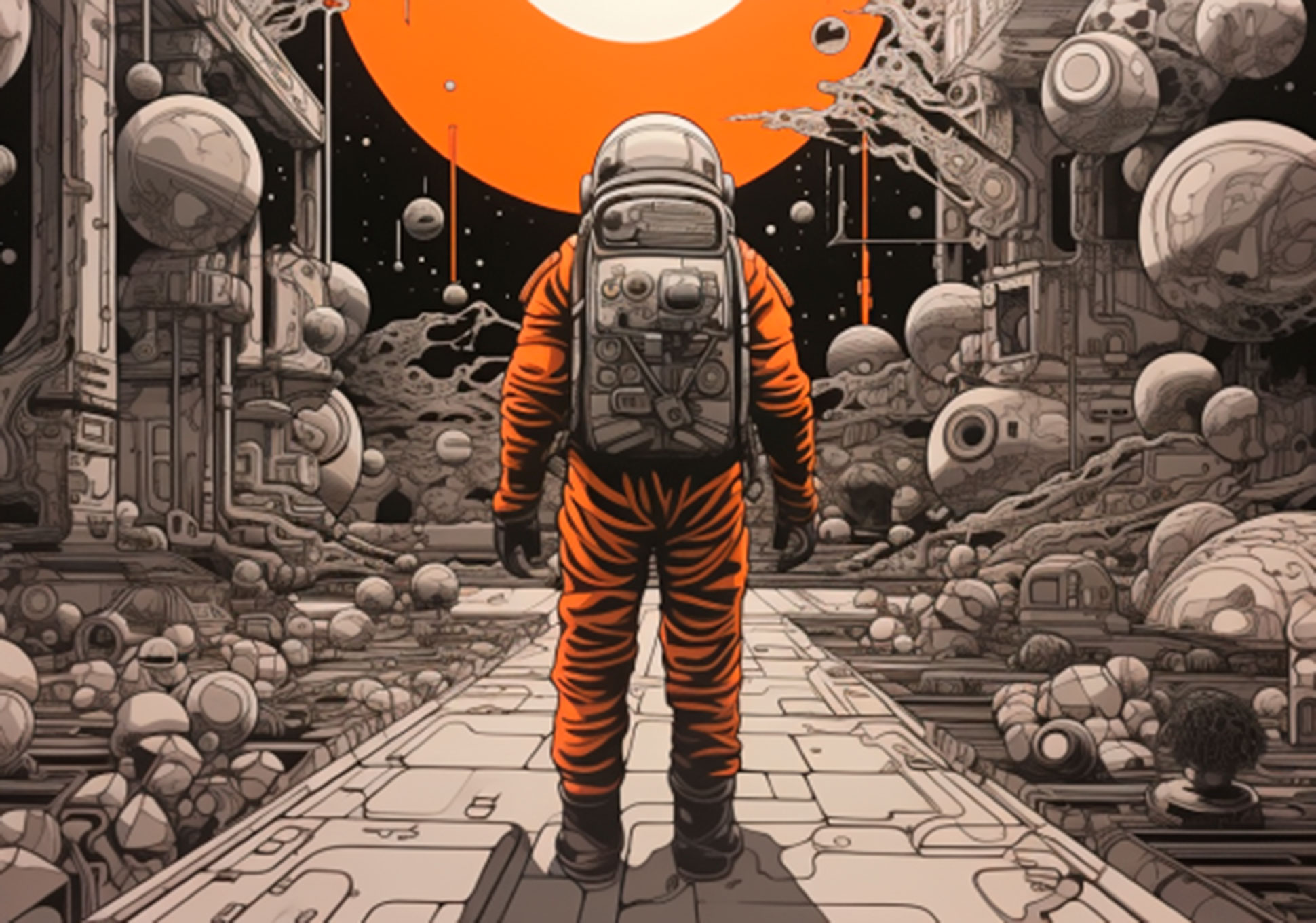
Humans against machines
AI has always been frowned upon in the art world, even long before we had it among us. From Stanley Kubrick’s 2001: A Space Odyssey (1968) to James Cameron’s The Terminator (1984), art has taught us to fear AI. Also contributing to this fear has been the repeated ‘man vs. machine’ approach that has been applied whenever the opportunity has arisen, such as the time the legendary Gary Kasparov lost a 1996 chess game to the Deep Blue supercomputer.
That is why it is not surprising that the first reaction to AI has been rejection of something that has arrived to compete in what was supposed to be an exclusive ability of mankind: creativity. There are many who believe that the ability of AI to generate content quickly and cheaply will make it increasingly prominent and displace human-produced creative content. The threat that AI could -totally or partially- replace the creative work of some people is real. Or so they have seen it at least from the Screen Writers Guild, which recently went on a strike on Hollywood that had protection from artificial intelligence among its main claims.
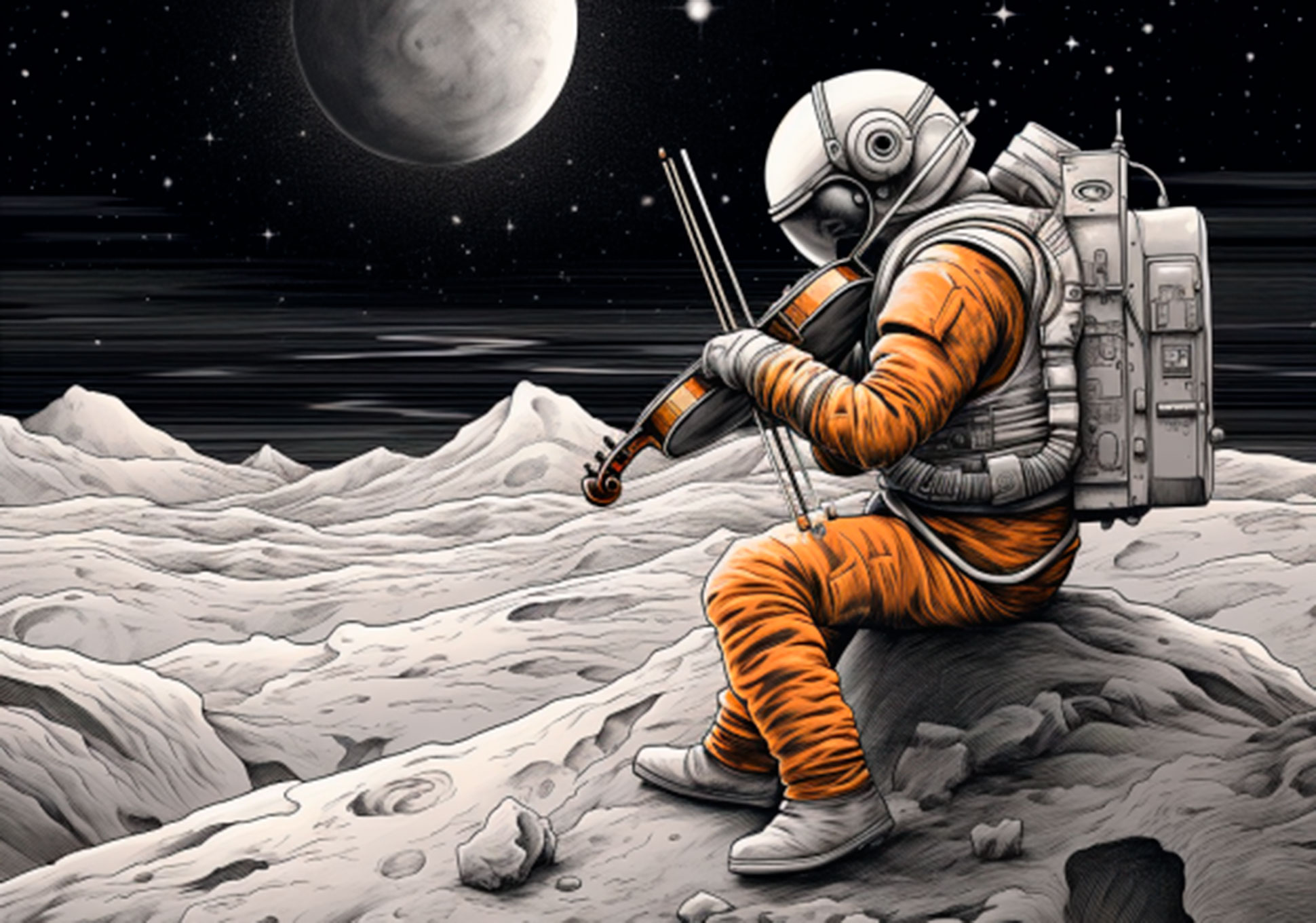
Why can’t we be friends?
But although AI has rarely been presented in terms of human-machine collaboration, AI can be seen as a way to complement human creativity as well. In other words, it can be very useful for humans to do the same work they already do, but in a more efficient way.
At OKB Interactive Studio, for example, we already use Copilot, an extension that uses AI as an assistant when generating code, in our day-to-day work. This Github-developed application is able to interpret the code you are writing and generate suggestions on the fly, most of them (admittedly) quite well-aimed. Similarly, we also turn to other AI-powered applications such as ChatGPT to solve specific coding doubts in HTML, CSS, JavaScript, React, Angular or PHP. But none of these tools replaces the work of our programmers. They simply make coding easier. That’s all.
Another example with another of the fields where AI has had the most impact from our experience as a web design studio has undoubtedly been the emergence of image generation tools from prompts, such as Midjourney or Dall-E. Its usefulness is unquestionable, since with a few lines of text you can get images without the need for locations, models, photographic equipment or makeup, reducing time and costs for the client. Without going any further, a few months ago the German photographer Boris Eldagsen won at the Sony World Photography Awards with a work –The Electrician– that he later confessed had been made with AI.
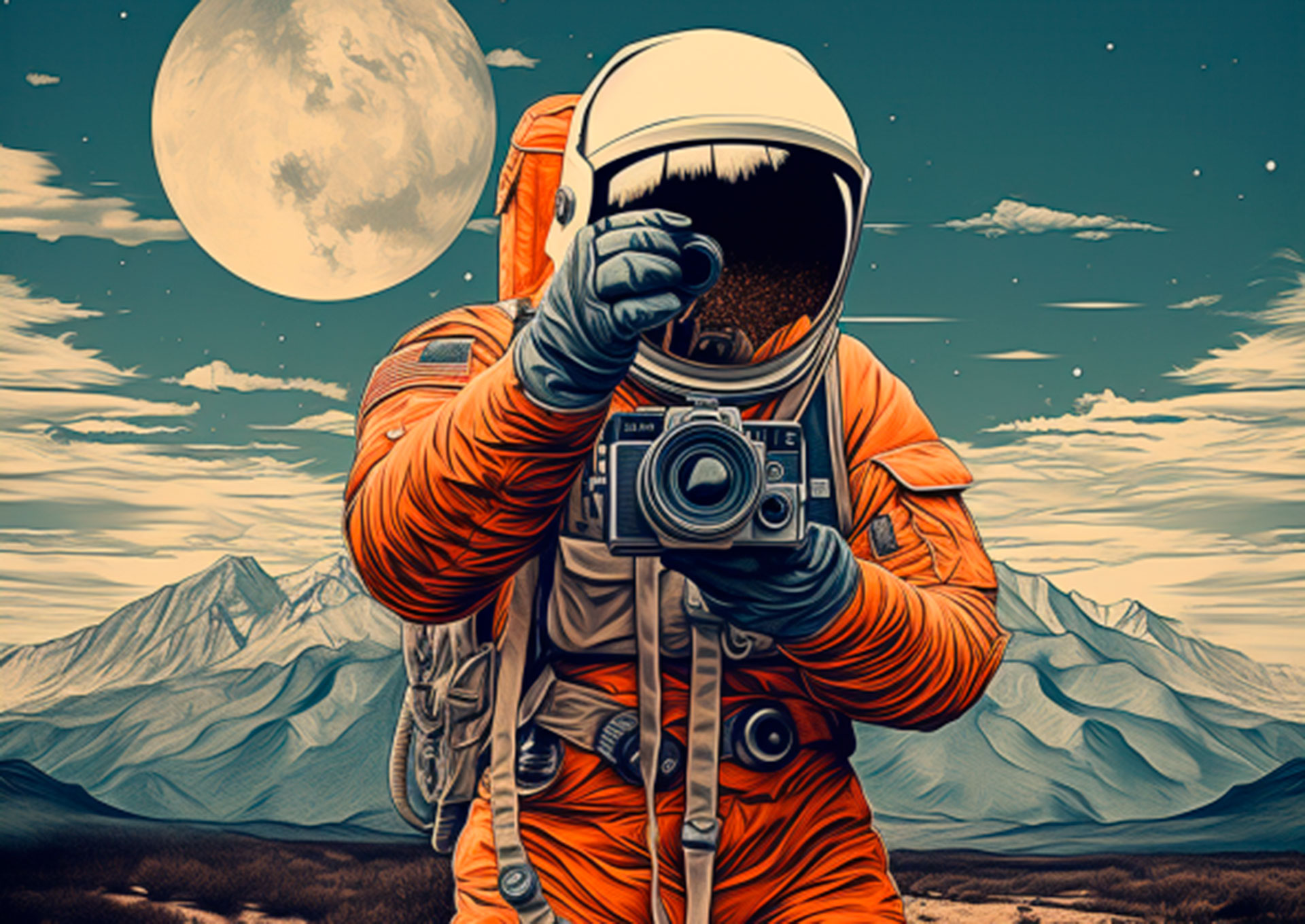
And how might all this affect the thousands of photographers who until now have made a living creating these images? Initially it might seem that AI has come to do away with their work. But contrary to what one might expect, the work of professional photographers is also necessary for AI. The images obtained using Midjourney can be very good for certain uses, but if you want to achieve a great realism in the final result, it is necessary to know how to work well the prompts and include in them all kinds of technical details, something that requires a knowledge that only professionals can provide: indicating the model of the camera or lens, or the type of film and describing the exposure time, the type of lighting, the composition or the angle of focus has a great influence on the results obtained to be totally satisfactory.
And vice versa: AI can also be a very valuable work tool for photographers. Midjouney – or even ChatGPT itself – can be a huge source of inspiration in order to get ideas and create moodboards to start working with. In the same way, for example, that years ago hyperrealist artists like Richard Estes developed their technique from photographs.
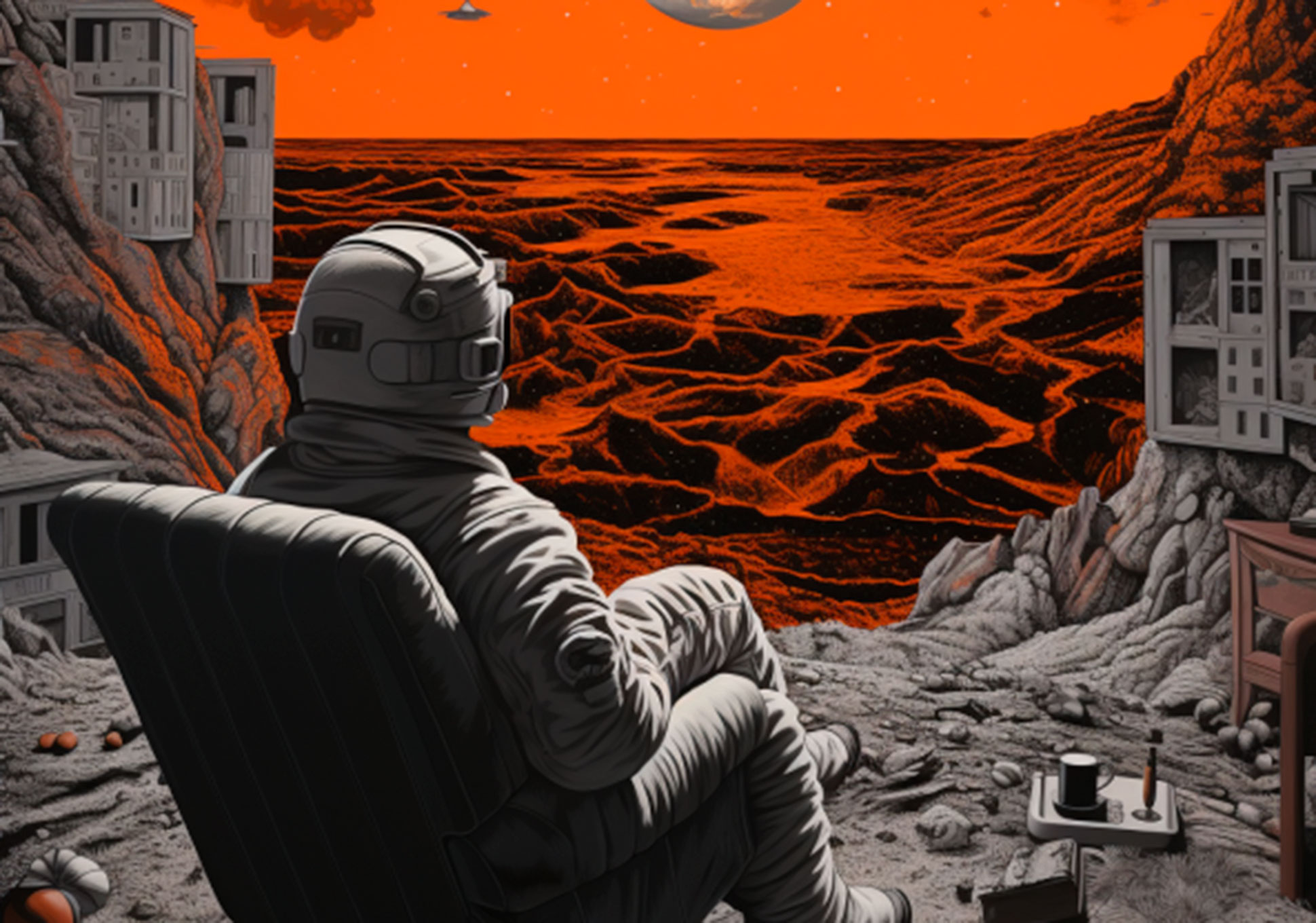
And back to the beginning…
Finally, it should not be ruled out that the rise of algorithmically generated content may have an unexpected effect. Could the saturation of AI-generated content lead to a revaluation of scarcer, more ‘handcrafted’ human-generated content? Could human creativity become a luxury product and AI content be destined only for fast-consumption? While AI has come a long way in recent years, it still has several limitations that prevent it from completely replacing human creativity in generating new ideas. For example, as of today, the ability of humans to empathize with each other is something that AI cannot compete with.
Making today any prediction about what the future of creativity will be is somewhat complicated. Generative AI is still taking its first steps and, although it has already demonstrated enormous potential, we are at a point where anything can happen (certainly very big things). But regardless of our personal perception, from OKB Interactive Studio we have opted for a pragmatic approach that consists of using AI in those tasks where it is useful, adapting other processes to a ‘hybrid’ format and continuing to do other things as before. Tools such as Midjourney, Chat GPT or Copilot have become commonplace in our day-to-day lives. But without forgetting the value we can bring as developers, designers, creatives or communicators. Which is still a lot…
